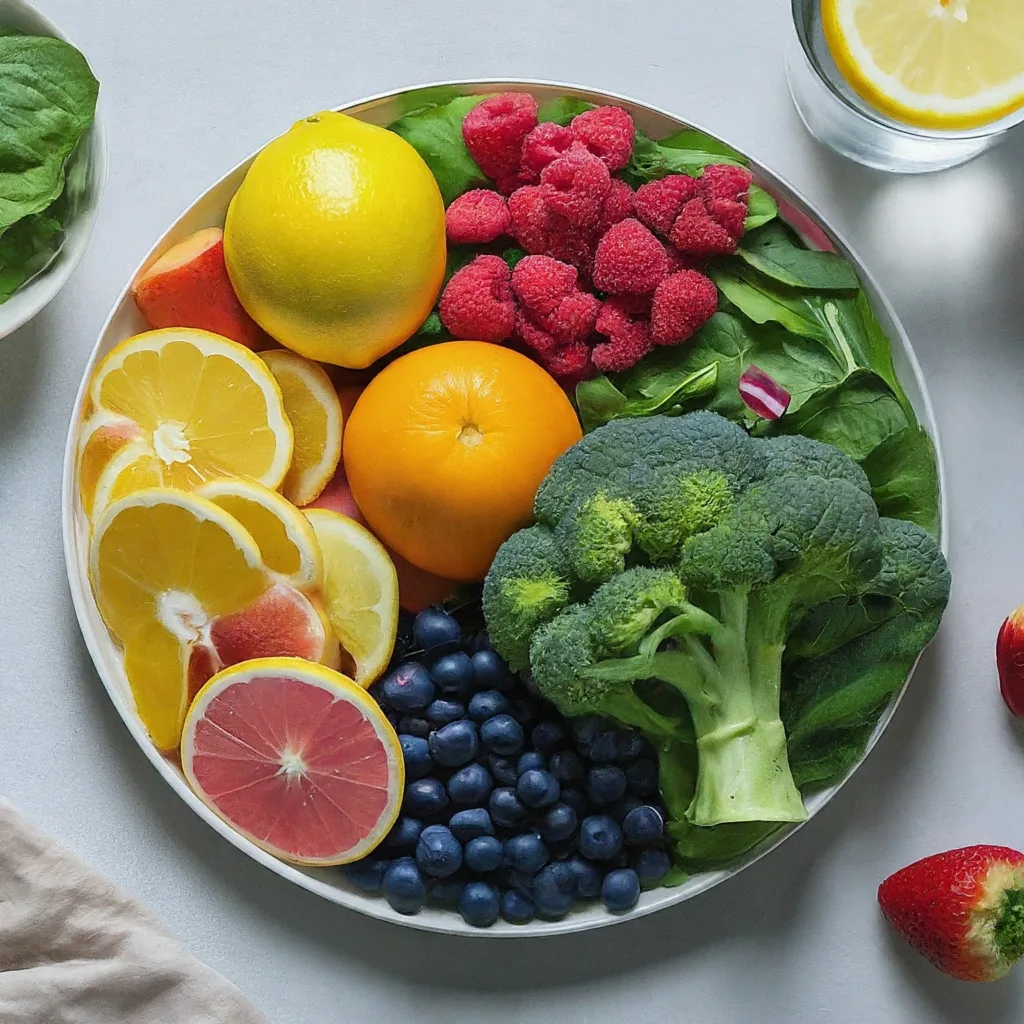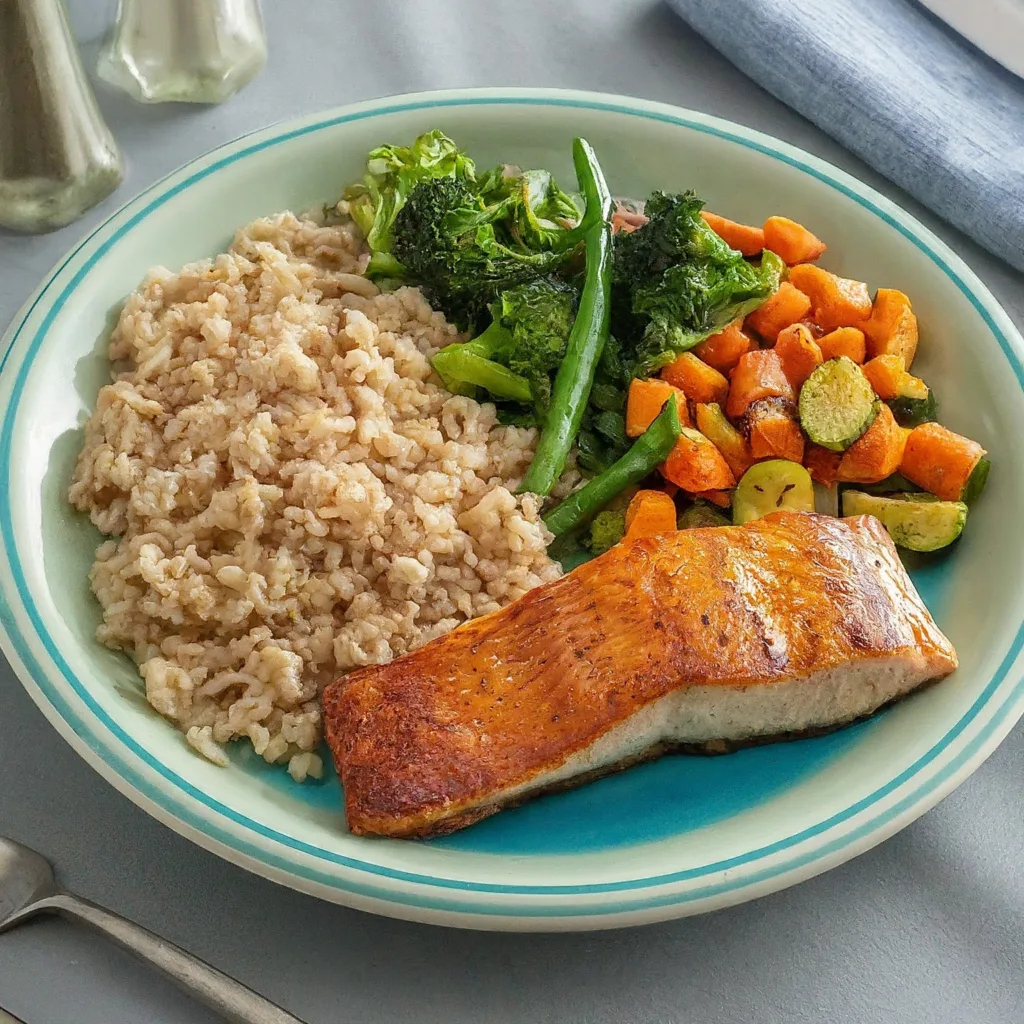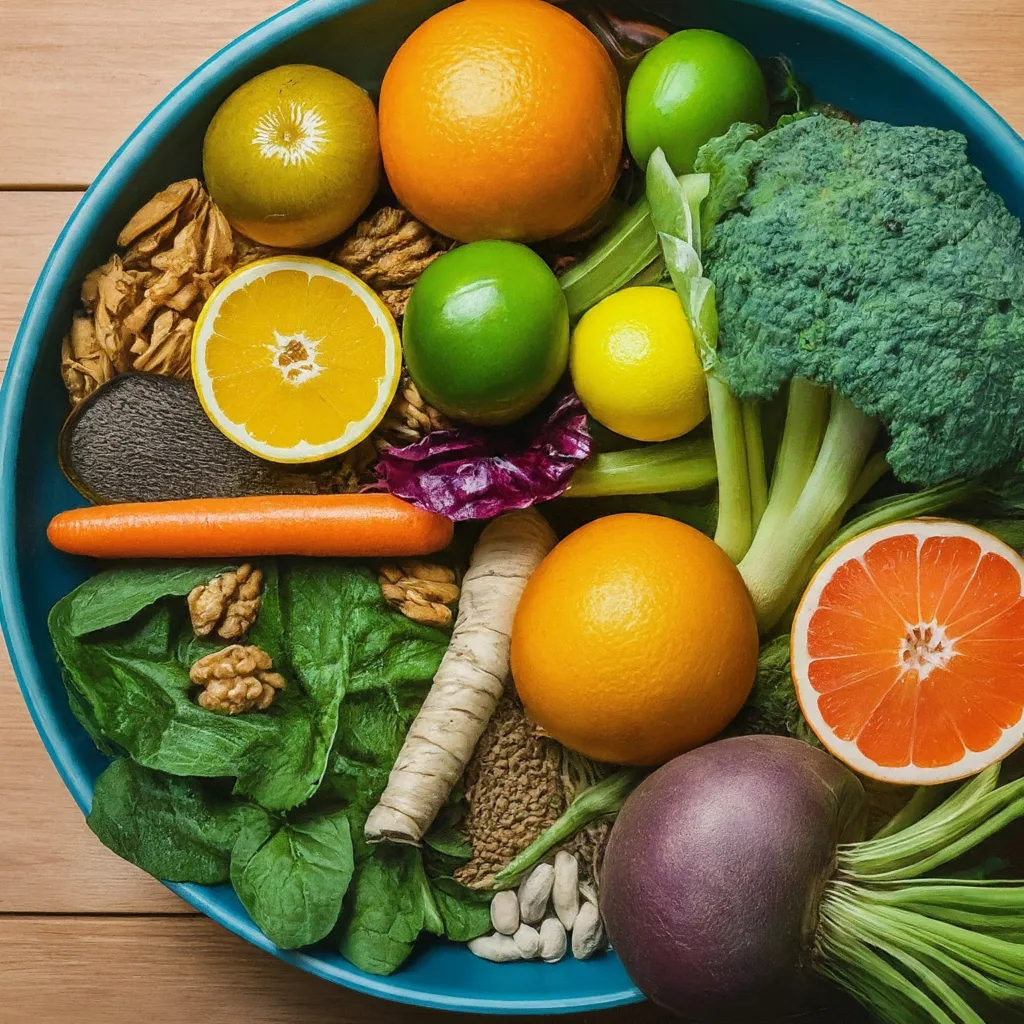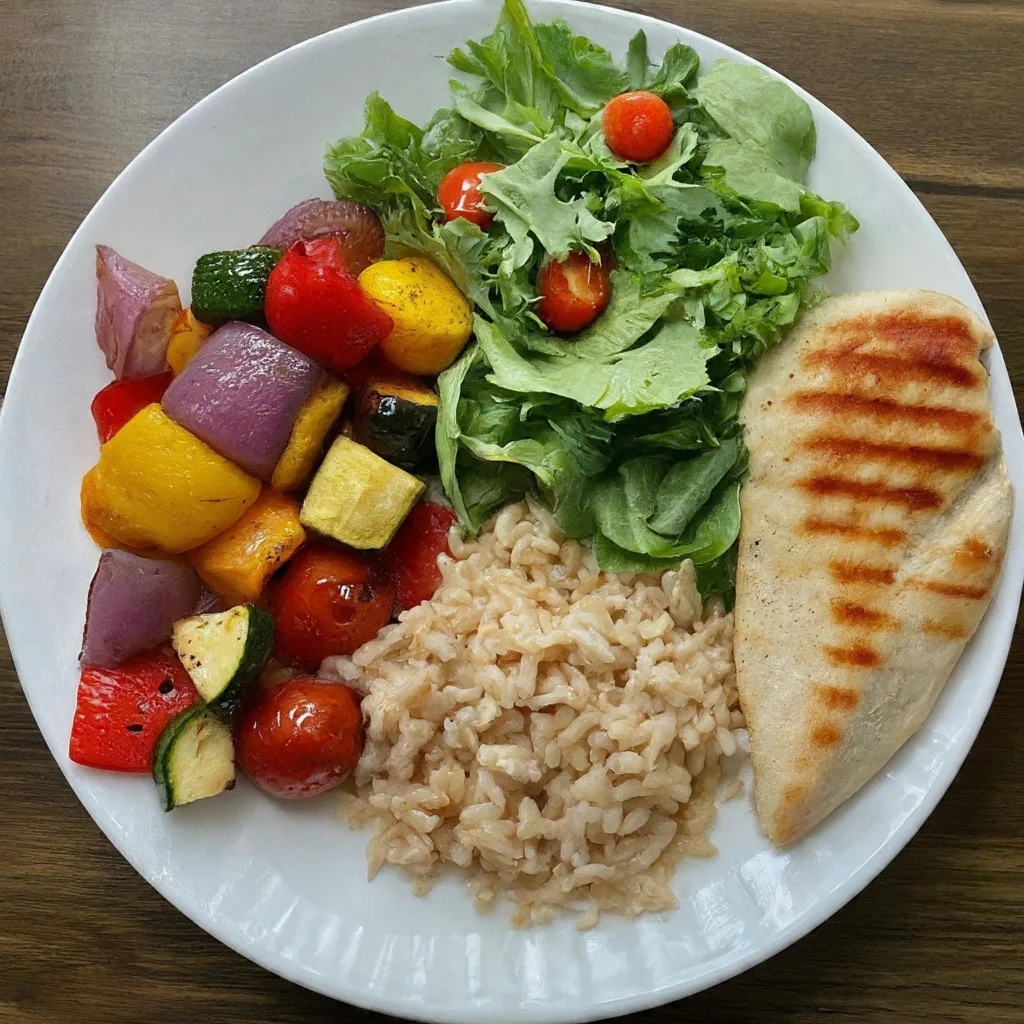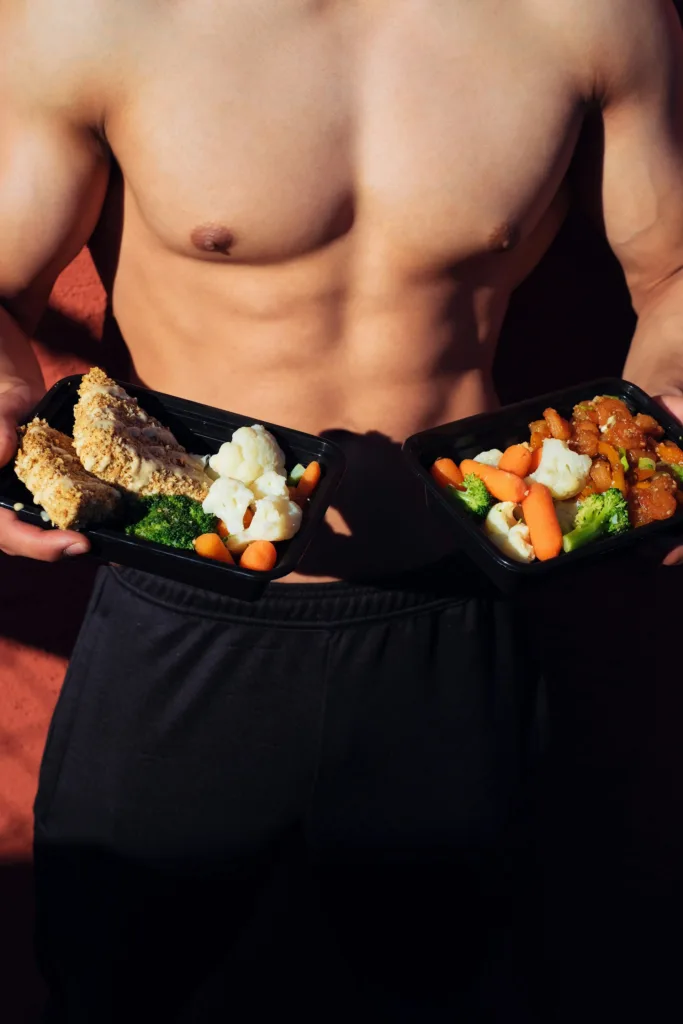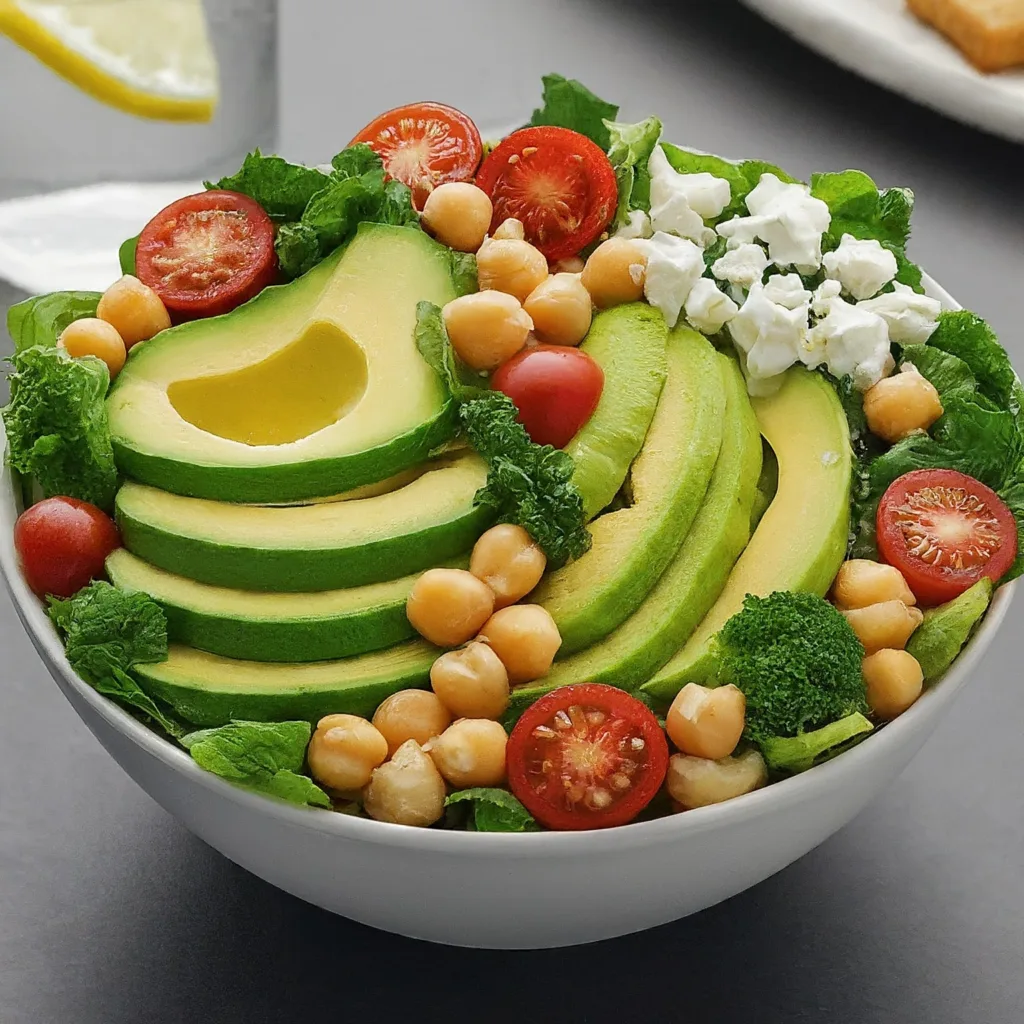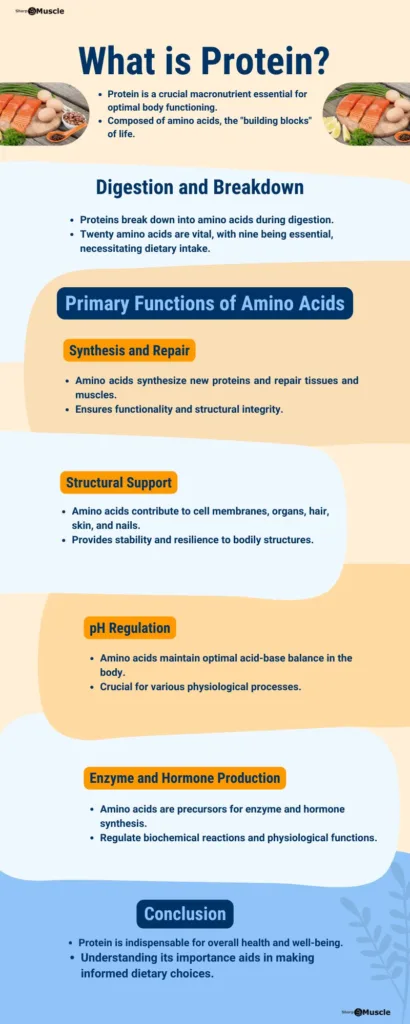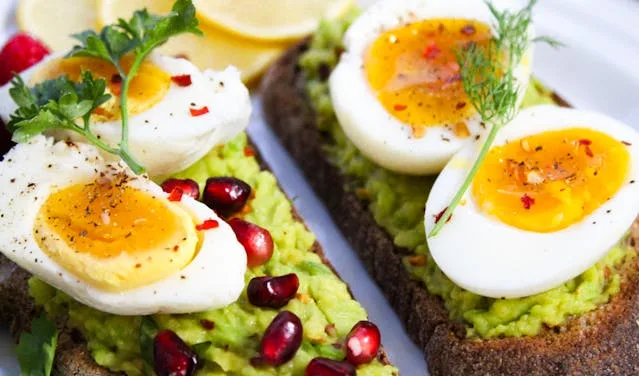Feeling a little flummoxed about how to lose fat healthily? A calorie-restricted diet, specifically a 1500-calorie diet plan, could be just the path to the sculpted physique you’ve been dreaming of.
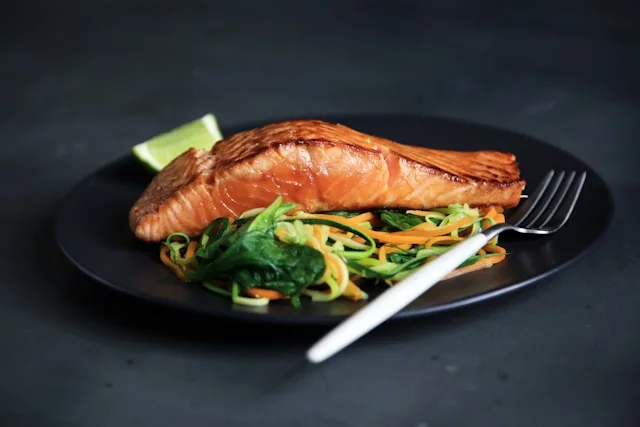
In today’s fast-paced society, the apprehension of omitting our ideal physique can frequently leave us feeling overwhelmed and uncertain of where to commence. But don’t worry, because this complete guide has a solution that will help you keep losing weight for a long time.
If you follow the rules of eating less calories and getting enough nutrients, you can lose weight and feel better inside. From delicious meals to strategic tips for boosting energy levels and metabolism, this article serves as your roadmap to dietary success. So, seize the moment and join us on this wonderful journey towards a healthier, happier you. The time for transformation is now—don’t let the opportunity pass you by!
In This “1500-Calorie Meal Plan”
Understanding the 1500-Calorie Diet
At its core, the 1500-calorie diet is a structured eating regimen aimed at restricting daily caloric intake to, you guessed it, a modest 1500 calories. By creating a calorie deficit (meaning you burn more calories than you eat), your body taps into stored fat for energy, leading to weight loss.
While this might sound daunting to the uninitiated, fear not, for within this controlled boundary lies the potential for profound metabolic recalibration and, ultimately, the triumph over stubborn adipose tissue.
Along with shedding unwanted pounds, a calorie-restricted diet has numerous benefits. By trimming down our daily energy intake, we effectively compel our bodies to tap into their internal reserves, thereby inciting a cascade of biochemical processes geared towards fat oxidation.
You might experience improved blood sugar levels, a healthier heart, and even a sharper mind. Moreover, studies have suggested that calorie restriction (CR) may confer additional perks, such as improved insulin sensitivity and enhanced longevity. 1 2
Setting Up Your 1500-Calorie Diet Plan
Let’s get down to brass tacks! Here’s how to get started.
Assessing your current diet and caloric intake
Before you make a change, take a good look at your current eating habits. A food journal can be your best friend in this step. Are you prone to mindless snacking or oversized portions? Starting with a keen awareness of our nutritional limitations, we can then proceed to chart a course towards dietary redemption.
Calculating Your Daily Calorie Needs for Weight / Fat Loss
Ah, the magic number! Determining our individualized caloric requirements serves as the cornerstone of any successful diet plan. While 1500 calories is a general guideline, your individual needs vary depending on your age, gender, activity level, and body composition.
Here’s how to find a more personalized target:
Step 1: Calculate Your Basal Metabolic Rate (BMR)
- Your BMR is the number of calories your body burns at rest, simply to function.
- Use a trusted online BMR calculator. Most require your age, gender, height, and weight. 3
Example: A 22-year-old male, 5’8″ and 160 lbs, might have a BMR of 1700 calories.
Step 2: Find Your Maintenance Calories
- This is the number of calories you need to maintain your current weight.
- Multiply your BMR by an activity factor:
- Sedentary (little exercise): BMR x 1.2
- Moderately active (exercise 3-5 days/week): BMR x 1.5
- Very active (intense exercise most days): BMR x 1.7
Example: Our sample person, being moderately active, needs 2550 calories to maintain weight (1700 × 1.5).
Step 3: Create a Calorie Deficit for Fat Loss
- To lose fat, consume fewer calories than you burn.
- Safe rates of loss:
- 0.5 lbs/week: Cut 250 calories from your maintenance level
- 1 lb (0.45 kg)/week: Cut 500 calories
Example:
Our sample person could aim for:
- 2300 calories daily (2550 – 250) to lose 0.5 lbs/week
- 2050 calories daily (2550 – 500) to lose 1 lbs/week
- 1550 calories daily (2550 – 1000) to lose 2 lbs/week
- 1350 calories daily (2550 – 1200) to lose 2.65 lbs/week
Important: Macronutrients Matter!
Don’t focus on calories alone. Your diet should include:
- Carbohydrates: 30-35% of total calories
- Protein: 45-50% of total calories
- Fats: 15-20% of total calories
Planning Meals and Snacks to Meet Your 1500-Calorie Goal
Now that you know your calorie target, let’s plan delicious and satisfying meals! The key is to focus on nutrient-dense foods for long-lasting energy and fullness.
1. Choosing the Right Foods for Your 1500-Calorie Diet
Surrounded by processed foods designed to tempt us, it’s tough to stay on a healthy path. But to truly fuel our bodies, we have to become smart eaters. That means choosing whole, nutrient-dense foods instead of empty calories that leave us tired and unsatisfied.
Protein: Your Hunger-Fighting, Muscle-Building Superpower
Protein is essential for building muscle and keeping you feeling full. Think of it as your own personal hunger-buster! By loading up on lean protein sources like chicken, fish, beans, tofu, and more, you’ll feel satisfied for hours and support your body’s muscle-building process – a key factor in boosting your metabolism.
Top Protein Powerhouses
Not sure where to start? Here’s a list of delicious and protein-packed options:
- Animal-based: Turkey breast, chicken, fish (like tilapia and salmon), eggs, lean beef, bison
- Plant-based: Tofu, tempeh, lentils, beans (kidney, black, etc.), quinoa, edamame, Greek yogurt, cottage cheese
- Nuts and Seeds: Almonds, pumpkin seeds, chia seeds, hemp seeds
Key Tip:
Aim to include a source of protein at every meal and snack to fight hunger and support a healthy, lean physique. 4
Complex Carbs: Your Key to Lasting Energy
Don’t let diet myths fool you — carbs are essential for energy! The key is choosing complex carbohydrates found in whole grains, fruits, and vegetables. These provide sustained energy throughout your day, keeping you focused and feeling your best.
Top Complex Carb Choices
Here’s where to get these powerhouses:
- Whole Grains: Brown rice, quinoa, oats, whole-wheat bread, whole-wheat pasta
- Fruits: Berries, apples, bananas, pears, oranges
- Vegetables: Broccoli, spinach, sweet potatoes, carrots, Brussels sprouts
- Legumes: Lentils, chickpeas, black beans, kidney beans
How They Work:
Complex carbs break down slowly in your body, providing a steady release of glucose (sugar) into your bloodstream. This means no sugar spikes and crashes, just long-lasting fuel. 5
Healthy Fats: Your Metabolism’s Secret Weapon
Forget the fat-free diet fads! Healthy fats are crucial for a healthy metabolism and keeping you feeling satisfied. Choose wisely, and they’ll help you reach your goals.
Top Healthy Fat Choices
Get these into your diet:
- Nuts and Seeds: Almonds, walnuts, chia seeds, flaxseeds, pumpkin seeds
- Fatty Fish: Salmon, tuna, sardines, mackerel
- Avocados
- Oils: Extra-virgin olive oil, avocado oil
- Nut and Seed Butters: Natural peanut butter, almond butter
The Benefits:
Healthy fats enhance satiety (helping you feel full longer), support healthy hormone levels, and boost your body’s ability to absorb important vitamins. 6
Vitamins and Minerals: Your Body’s Metabolic Boosters
Think of vitamins and minerals as the fuel for your body’s fat-burning engine. They support energy production, help fight fatigue, and keep your metabolism running smoothly.
Power Up with These Foods
Load up on these nutrient-packed powerhouses:
- Colorful Produce: Kale, spinach, broccoli, bell peppers, citrus fruits, berries
- Nuts and Seeds: Almonds, walnuts, pumpkin seeds, sunflower seeds, flaxseeds, chia seeds
- Healthy Staples: Sweet potatoes, carrots, tomatoes, whole grains (quinoa, brown rice, oats), beans, lentils
Why It Matters:
2. Creating Balanced Meals within a 1500-Calorie Limit
Diet Plan Schedule
| Meal Plan Days | Meals timing |
|---|---|
| Monday – Sunday: | Meal-1 (8 am); Meal-2 (11 am); Meal-3 (2pm); Meal-4 (5pm); Meal-5 (8pm) |
| Water intake time | Water intake |
|---|---|
| Upon wake-up | 500ml |
| 30 minutes of before and after any meal | 250ml |
| During workouts | 250ml (drink sip) |
Monday & Thursday 1500-Calorie Meal Plan
Meal-1 (8-9am):
- 30g Quinoa
- 1 scoop Plant-Based Protein Powder
- Half Banana
- 7 Walnuts
- Dash of Nutmeg
- 1 Multivitamin
Meal-2 (10-11am):
- 1 Turkey Sausage Patty
- 1 Whole Grain English Muffin
- 1 Plum or Kiwi or Apricot or Grapefruit
Meal-3 (1-2pm):
- 120g Grilled Tofu or Tempeh
- Mixed Vegetable Stir-Fry (Broccoli, Bell Peppers, Snap Peas)
- Half Plate of Mixed Greens with Balsamic Vinaigrette
Meal-4 (3-4pm):
- 1 Whole Grain Crispbread
- 1 tablespoon Almond Butter
- 240ml Unsweetened Almond Milk
- Steamed Edamame (OPTIONAL to increase protein)
Post-Workout:
- 1-2 scoop Whey Isolate in 300ml Water
- 5g Glutamine
- (Or 6-10 Boiled Egg whites if no Whey)
Meal-5 (8 am):
- 120-140g Turkey Breast (or 100g Tofu)
- 1 Medium Sweet Potato or 100g Quinoa
- 1/2 tablespoon Olive Oil for Cooking (optional)
- Half Plate Mixed Vegetable Salad with Lemon Dressing
- 1 Fish Oil Capsule or Omega 3 Supplement
Tuesday & Friday 1500-Calorie Meal Plan
Meal-1 (8-9am):
- 30g Oats
- 1 scoop Whey Protein
- Half Apple
- 7 Almonds
- Cinnamon
- 1 Multivitamin
Meal-2 (10-11am):
- 2 Whole Eggs
- 5 Egg Whites
- 1 Guava or Pear or Peach or Orange
Meal-3 (1-2pm):
- 7 Egg Whites Omelette or Bhurji (add any veggies)
- Half Plate Salad (Lettuce, Cucumber, Carrots, etc)
Meal-4 (3-4pm):
- 1 Rice Cake
- 1sp Peanut Butter
- 240ml Low Fat Milk
- Boiled Egg Whites (OPTIONAL to increase protein)
Post-Workout:
- 1-2 scoop Whey Isolate in 300ml Water
- 5g Glutamine
- (Or 6-10 Boiled Egg whites if no Whey)
Meal-5 (8 am):
- 120-140g Chicken (or 100g soya paneer)
- 1 Plain Roti or 100g Brown Rice
- 1/2sp coconut oil for cooking (optional)
- Half Plate Salad (Lettuce, Cucumber, Carrots, etc)
- 1g Fish Oil or Omega 3
Wednesday & Saturday 1500-Calorie Meal Plan
Meal-1 (8-9am):
- 30g Rolled Oats
- 1 scoop Whey Protein Powder
- Half Banana
- 7 Cashews
- Dash of Nutmeg
- 1 Multivitamin Tablet
Meal-2 (10-11am):
- 2 Whole Eggs
- 5 Egg Whites
- 1 Kiwi or Plum or Apricot or Grapefruit
Meal-3 (1-2pm):
- 120g Grilled Chicken Breast
- Mixed Vegetable Stir-Fry (Broccoli, Bell Peppers, Zucchini)
- Half Avocado
Meal-4 (3-4pm):
- 1 Rice Cake
- 1 tablespoon Almond Butter
- 240ml Almond Milk
- Boiled Egg Whites (Optional)
Post-Workout:
- 1-2 scoops Whey Isolate Protein Powder in 300ml Water
- 5g BCAA Powder
Meal-5 (8 am):
- 120-140g Baked Salmon (or 100g Tempeh)
- 100g Quinoa or Sweet Potato
- Steamed Broccoli and Cauliflower
- 1 teaspoon Olive Oil
Sunday 1500-Calorie Meal Plan
Meal-1 (8-9am):
- 1 Whole Grain Toast
- 2 tablespoons Greek Yogurt
- 1/2 cup Mixed Berries (Strawberries, Blueberries, Raspberries)
- 1 tablespoon Chia Seeds
- Sprinkle of Cinnamon
Meal-2 (10-11am):
- 1/2 Avocado on Whole Grain Crackers
- 1 Hard-boiled Egg
- Small Handful of Cherry Tomatoes
Meal-3 (1-2pm):
- Grilled Veggie Wrap (Whole Grain Tortilla filled with Grilled Vegetables like Bell Peppers, Zucchini, Onions, and Spinach)
- 1 small Apple
- 1 cup Baby Carrots
Meal-4 (3-4pm):
- 1/4 cup Hummus
- 1 cup Sliced Cucumber and Bell Pepper
- 10 Whole Grain Crackers
Post-Workout:
- 1 scoop Plant-Based Protein Powder in 300ml Almond Milk
- 1 small Banana
Meal-5 (8 am):
- 120g Grilled Tofu (or 100g Chicken Breast)
- 1 cup Steamed Brown Rice
- Stir-fried Mixed Vegetables (Broccoli, Carrots, Snow Peas) with 1 teaspoon Sesame Oil
- Side Salad with Mixed Greens and Balsamic Vinaigrette
These 1500-Calorie Diet Plans offers a delightful assortment of nutrient-rich foods to keep you satisfied throughout the day while adhering to a 1500-calorie limit. Feel free to customize ingredients and portion sizes to suit your taste preferences and dietary needs. Enjoy a day filled with delicious, wholesome meals that nourish your body and soul.
Smart Strategies for Enhancing Energy Levels on a 1500-Calorie Diet
- Hydration is Key: Water is essential for optimal bodily function. Aim for plenty of water and unsweetened beverages throughout the day to combat fatigue.
- Fiber for Fullness: Fiber-rich foods (fruits, vegetables, whole grains, legumes) add bulk to meals, promoting lasting fullness and preventing energy crashes.
- Consistent Fueling: Spread meals and healthy snacks evenly throughout the day to maintain stable blood sugar and avoid energy dips.
- Superfood Power: Incorporate nutrient-dense foods like berries, leafy greens, nuts, and seeds. Their vitamins, minerals, and antioxidants combat fatigue and boost overall health.
Beyond the Basics
- Sleep Matters: Aim for 7-8 hours of quality sleep each night. Rest is crucial for restoring energy stores.
- Get Moving: Even moderate exercise increases energy levels and helps your body use calories efficiently.
- Manage Stress: Chronic stress can be draining. Find healthy coping mechanisms like yoga, meditation, or spending time in nature.
- Avoid Energy Thieves: Limit sugary drinks, highly processed snacks, and excessive caffeine, as these can lead to energy crashes.
Bottom line
Throughout our journey, we’ve explored the principles of a successful 1500-Calorie Diet Plan. Remember, it’s not about deprivation, but about smart choices! Prioritize nutrient-dense foods, listen to your body’s cues, and find movement you enjoy. This path leads to sustainable results and a happier, healthier you, inside and out.
FAQs
- Johnson ML, Distelmaier K, Lanza IR, Irving BA, Robinson MM, Konopka AR, Shulman GI, Nair KS. “Mechanism by Which Caloric Restriction Improves Insulin Sensitivity in Sedentary Obese Adults.” Diabetes. 2016 Jan;65(1):74-84. doi: 10.2337/db15-0675. Epub 2015 Aug 31. PMID: 26324180; PMCID: PMC4686951.[↩]
- Calorie Restriction Slows Pace of Aging in Healthy Adults. (2023, July 6). Columbia University Mailman School of Public Health.[↩]
- Sabounchi NS, Rahmandad H, Ammerman A. “Best-fitting prediction equations for basal metabolic rate: informing obesity interventions in diverse populations.” Int J Obes (Lond). 2013 Oct;37(10):1364-70. doi: 10.1038/ijo.2012.218. Epub 2013 Jan 15. PMID: 23318720; PMCID: PMC4278349.[↩]
- Lonnie M, Hooker E, Brunstrom JM, Corfe BM, Green MA, Watson AW, Williams EA, Stevenson EJ, Penson S, Johnstone AM. “Protein for Life: Review of Optimal Protein Intake, Sustainable Dietary Sources and the Effect on Appetite in Ageing Adults.” Nutrients. 2018 Mar 16;10(3):360. doi: 10.3390/nu10030360. PMID: 29547523; PMCID: PMC5872778.[↩]
- Holesh JE, Aslam S, Martin A. “Physiology, Carbohydrates.” [Updated 2023 May 12]. In: StatPearls [Internet]. Treasure Island (FL): StatPearls Publishing; 2024 Jan-. Available from: https://www.ncbi.nlm.nih.gov/books/NBK459280/.[↩]
- National Research Council (US) Committee on Diet and Health. Diet and Health: Implications for Reducing Chronic Disease Risk. Washington (DC): National Academies Press (US); 1989. “7, Fats and Other Lipids.” Available from: https://www.ncbi.nlm.nih.gov/books/NBK218759/.[↩]
- Shenkin A. “Micronutrients in health and disease.” Postgrad Med J. 2006 Sep;82(971):559-67. doi: 10.1136/pgmj.2006.047670. PMID: 16954450; PMCID: PMC2585731.[↩]
- Tardy AL, Pouteau E, Marquez D, Yilmaz C, Scholey A. “Vitamins and Minerals for Energy, Fatigue and Cognition: A Narrative Review of the Biochemical and Clinical Evidence.” Nutrients. 2020 Jan 16;12(1):228. doi: 10.3390/nu12010228. PMID: 31963141; PMCID: PMC7019700.[↩]


